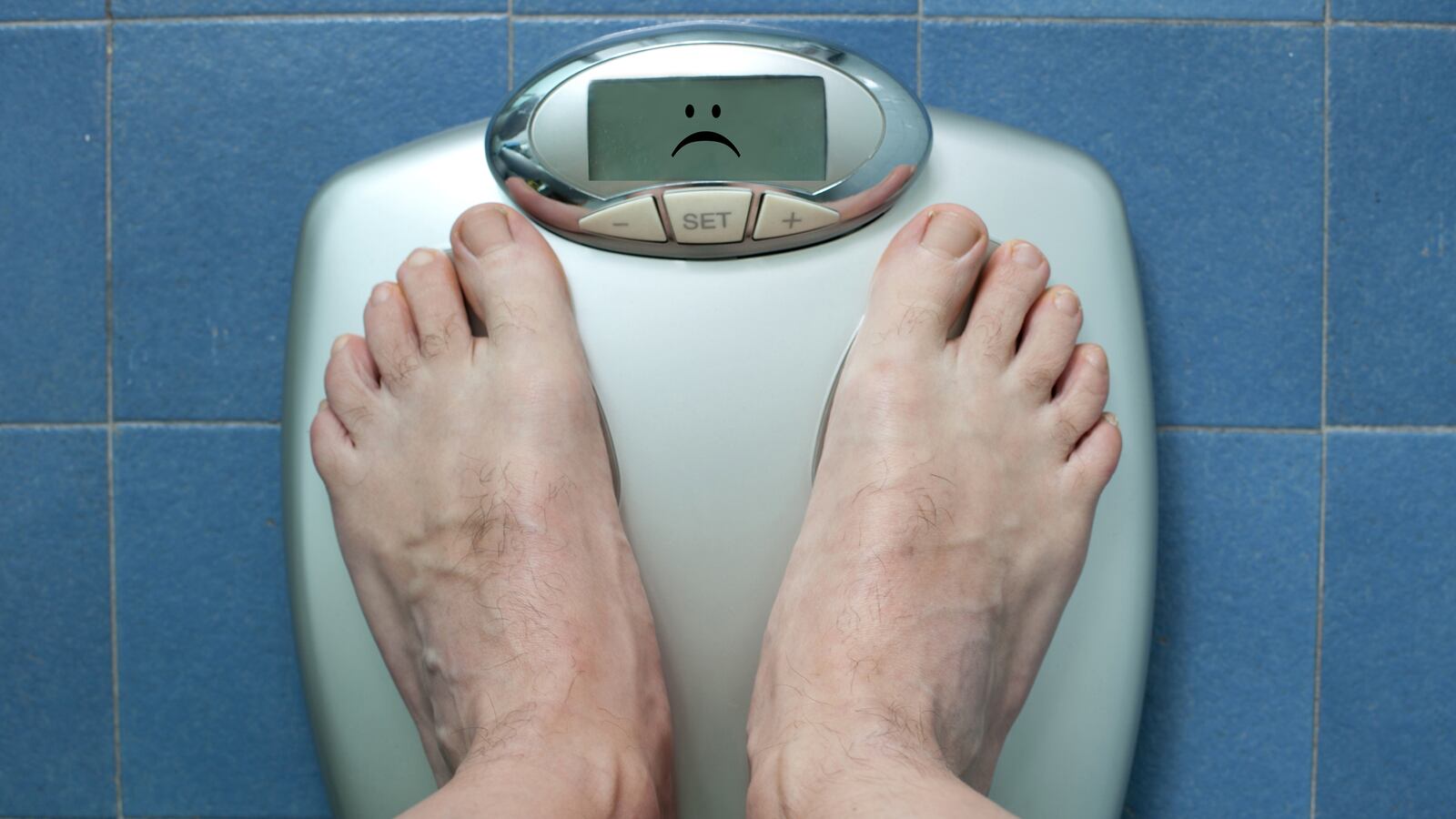“People ought to know that if they stuff themselves silly with high-calorie, rubbish foods they will get fat.”
Speaking in the House of Lords last week, Lord Tebbit blamed rising obesity rates on irresponsible people gorging on junk food and then refusing to face up to the consequences. A veteran Conservative politician, Tebbit is well-known for his controversial (often odious) pronouncements. But on this one, he’s absolutely right.
According to new figures, the scale of the obesity crisis in the UK has been underestimated. It’s now thought that more than 50 percent of Brits will be obese by 2050. In the United States, close to 155 million adults are overweight or obese. The latest UK figures show that more than a quarter of men and women in the UK are already classified as obese. Referring to a ‘doomsday scenario’, the National Obesity Forum, general practitioners and other experts are calling for a hard-hitting awareness campaign, along the lines of the anti-smoking messages, to highlight the dangers of obesity.
Awareness campaigns, government initiatives, levying fat taxes, blaming commercials, or the food industry, or ‘obesogenic environments’. Why all this nonsense? It’s really not that complicated. Calories in versus calories out. Walk to work. Stop snacking on biscuits. Cancel your online delivery and go grocery shopping. Quit sugary soft drinks and alcohol, or at least have a month off. Run around the block. Lay off the lattes. Get off the bus, get on your bike (regular cyclists have average fitness levels of someone 10 years younger). Don’t pretend it’s your ‘slow metabolism’ or your ‘big bones’.
You don’t ‘need’ pizza, donuts, or whipped cream on your hot chocolate (however tasty). You ‘need’ fresh air, water, sleep, physical activity and a nutritionally balanced diet. Think variety: eat the colors of the rainbow. Junk food contains zero nutritional benefits. Swap smoothies for actual fruit. Eat oranges, not OJ. Do something more demanding than watching television: the brain is a hungry organ, consuming around 40 percent of our daily calories, so read a book, paint a landscape, learn Russian.
Twenty-five percent of overweight Brits routinely blame lack of time and money for not exercising—but it’s free to run around the park. Forty percent say they find exercise ‘boring’ —but there are so many fun ways to get sweaty. Thirty-nine percent say they can’t afford to eat healthily—but fast food is pricier than basic ingredients like wholemeal bread and rice, fruit and vegetables. It’s boring but true: exercising regularly and eating healthily takes discipline. Moderation is hard work, for every one of us. That old chestnut about being ‘naturally slim’ usually disguises a very active lifestyle.
Like drugs, like smoking, it is our responsibility what we put into our bodies. Our food choices have consequences.
I know this sounds harsh, and I’ll be slammed for saying it. But from my own experience, it’s empowering to take responsibility for one’s own health. I genuinely don’t believe in bullying, blaming or ‘fat-shaming’ anyone. I know the misery that disordered eating can cause. Many people are overweight, and happy, and healthy—and that’s absolutely fine. However, extremes of weight are dangerous at both ends of the spectrum. Under-eating or over-eating is hellish: food can become a source of guilt and shame, eating in public can become a terrible experience.
Issues of body size, health and self-esteem are particularly on my mind as we launch the new series of Supersize vs Superskinny here in the UK. I’ve spent the winter filming with a range of people—from an Olympic-medal winning triathlete overcoming bulimia, to MPs campaigning to ban pro-anorexia websites, to wheelchair-dancers who are fighting eating disorders with the added challenges of physical disability. I interviewed the world’s thinnest woman (she weighs barely 55 pounds) and also a mother who tragically lost her 24-year-old daughter to anorexia last month.
The other side of Supersize vs Superskinny is the notorious diet swap between overweight and underweight participants in Dr, Christian Jessen’s feeding clinic. A few years ago, Dr. Christian flew out to Evansville, Indiana, officially America’s ‘Fattest City’, where 38 percent of the residents were classified as obese. Across the U.S., hospital gurneys, ambulances—and even terrifyingly, coffins—are now supersized, to deal with corpses up to 700 pounds.
It’s not just the U.S. and the UK. Obesity is spreading like wildfire through the developing world, in line with rising affluence. Of all the recent surveys, the saddest statistic is that 48 percent of obese Brits were resigned to remaining fat ‘because they lack willpower’. It doesn’t need to be this way. We can’t allow our children to face a future of diabetes, heart disease, stroke and early death. No one should resign themself to a lifetime of chronic ill-health.
The choice is simple: we allow obesity to triumph, or we take back control. Four words: eat less, move more. Small steps which make a huge difference.






